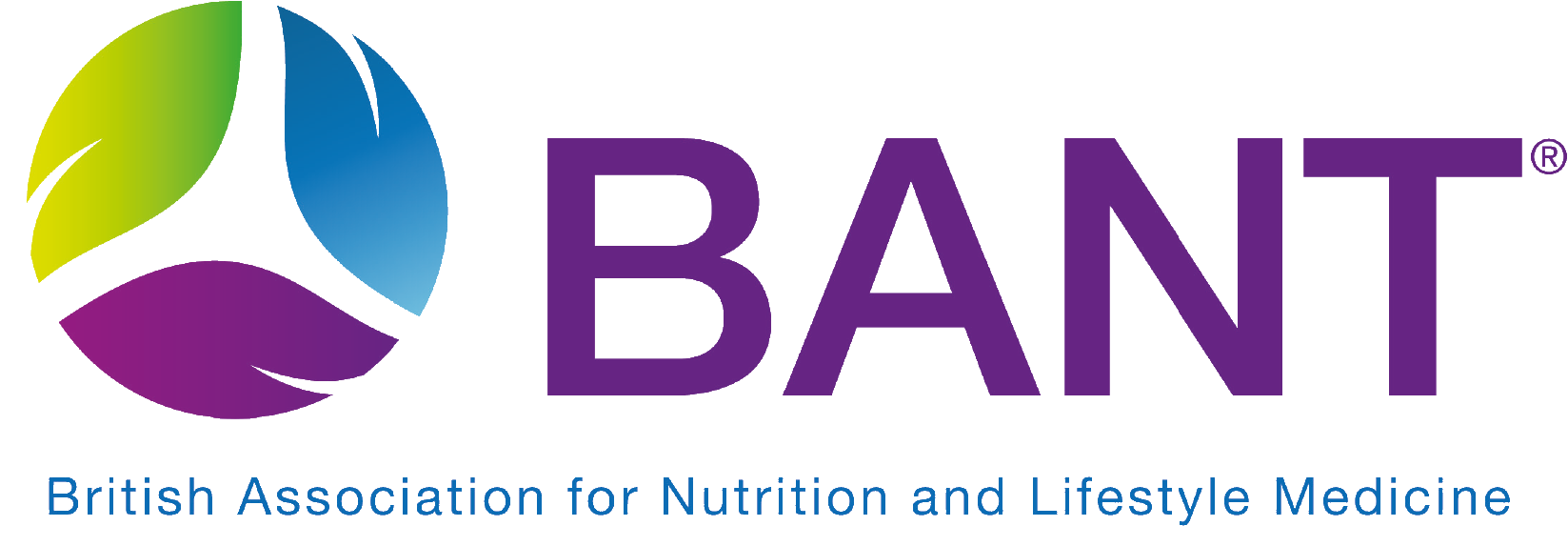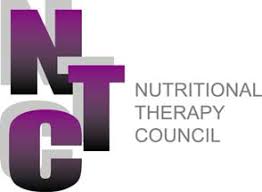Nutritional Therapy
In the Western world there has been a dramatic shift from acute to chronic diseases due to lifestyle and environmental causes. At the same time there has been a revolution in biological sciences that helps us to understand the gene/environment connection. The emphasis is not on genetics, but rather what causes our genes to be switched on, and how can we influence that process. Food is key. Food is information. Food is constantly communicating and regulating functions in our body. All reactions within our body are fuelled by the food choices that we make. All plants, for example, produce phytonutrients – chemical compounds – and these “speak” to our bodies and initiate chemical reactions. The right diet can have a huge influence on our health and wellbeing.

Even a healthy diet does not necessarily mean that we are absorbing adequately. Stress, digestive problems and some drugs can impair our ability to absorb nutrition from the food that we eat. The quality of non-organic fruit and vegetables is damaged by the widespread use of pesticides, fungicides, and poor quality fertilisers. Food from supermarkets can be stored for long periods and still look good, but lack nutritional benefit. Organic foods contain 4-5 times more phytochemicals than non-organic foods.
The ability to apply nutritional science to your health calls for the skills of a nutritional therapist.
What Is Nutritional Therapy
Nutritional therapy is science based and focused on supporting individuals to resolve health issues by making the most appropriate food and lifestyle choices, in conjunction with understanding their inherited strengths and weaknesses. Diet and lifestyle are the factors that most profoundly influence a return to health and wellbeing. Nutritional therapists understand that body systems are interconnected and seek to optimise physiological functioning in all systems by identifying and addressing imbalances. Good health and vitally are consequent to all bodily systems functioning well.

Laboratory tests are frequently used to comprehensively assess your health. This can involve stool samples, saliva samples, or blood tests, to evaluate different bodily systems and assess clinical imbalances – eg. gastro-intestinal, hormonal, or gluten intolerance testing.
It is not necessary to be ill to have a consultation. There is also as strong emphasis on prevention and an understanding that good health consists of a positive vitality rather than just an absence of ill health.
Children can be safely treated with nutritional therapy.
Clients with “red flag” type symptoms will be referred to their medical practitioner.
Professional Regulation
I am a member of the professional body, the British Association for Applied Nutrition and Nutritional Therapy (BANT) and registered with the Nutritional Therapy Council (NTC), the governing body for nutritional therapy in the UK. I am also registered with the Complementary and Natural Health Care Council (CNHC).



